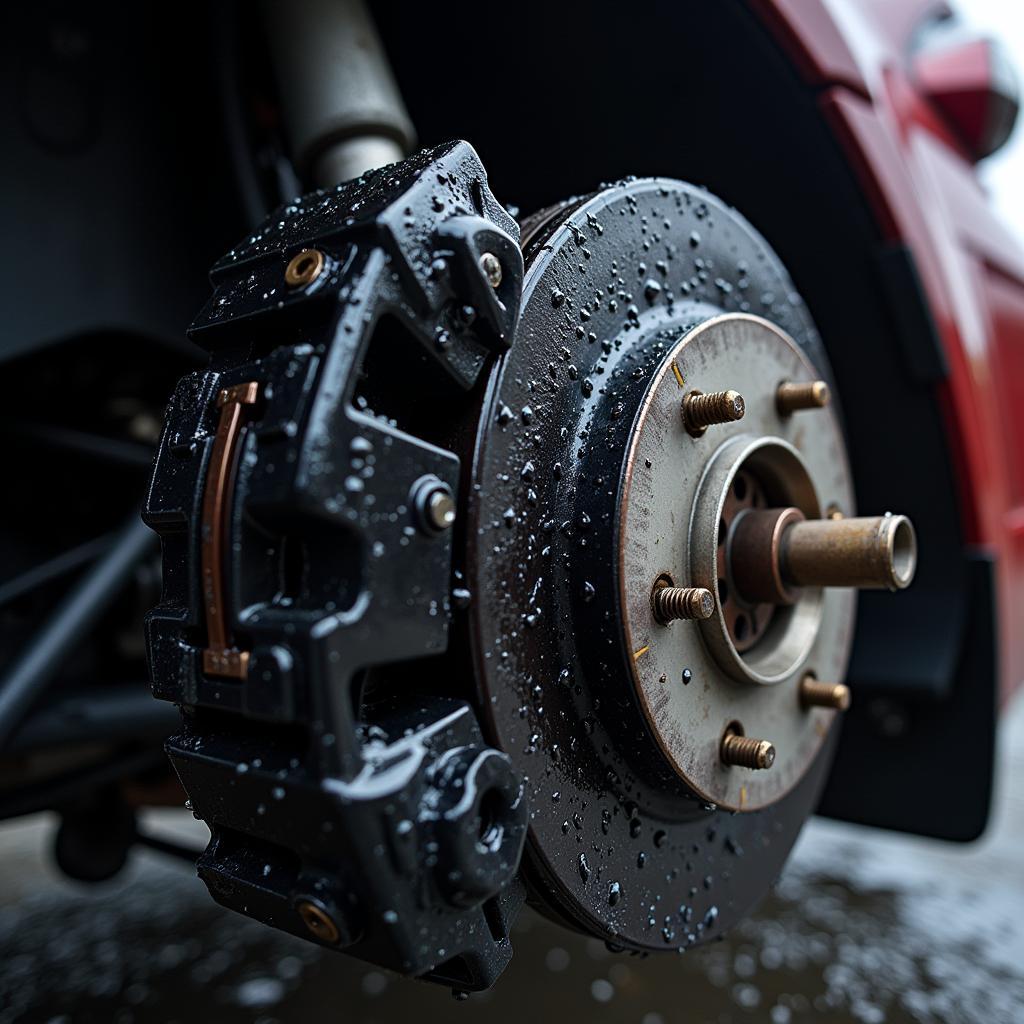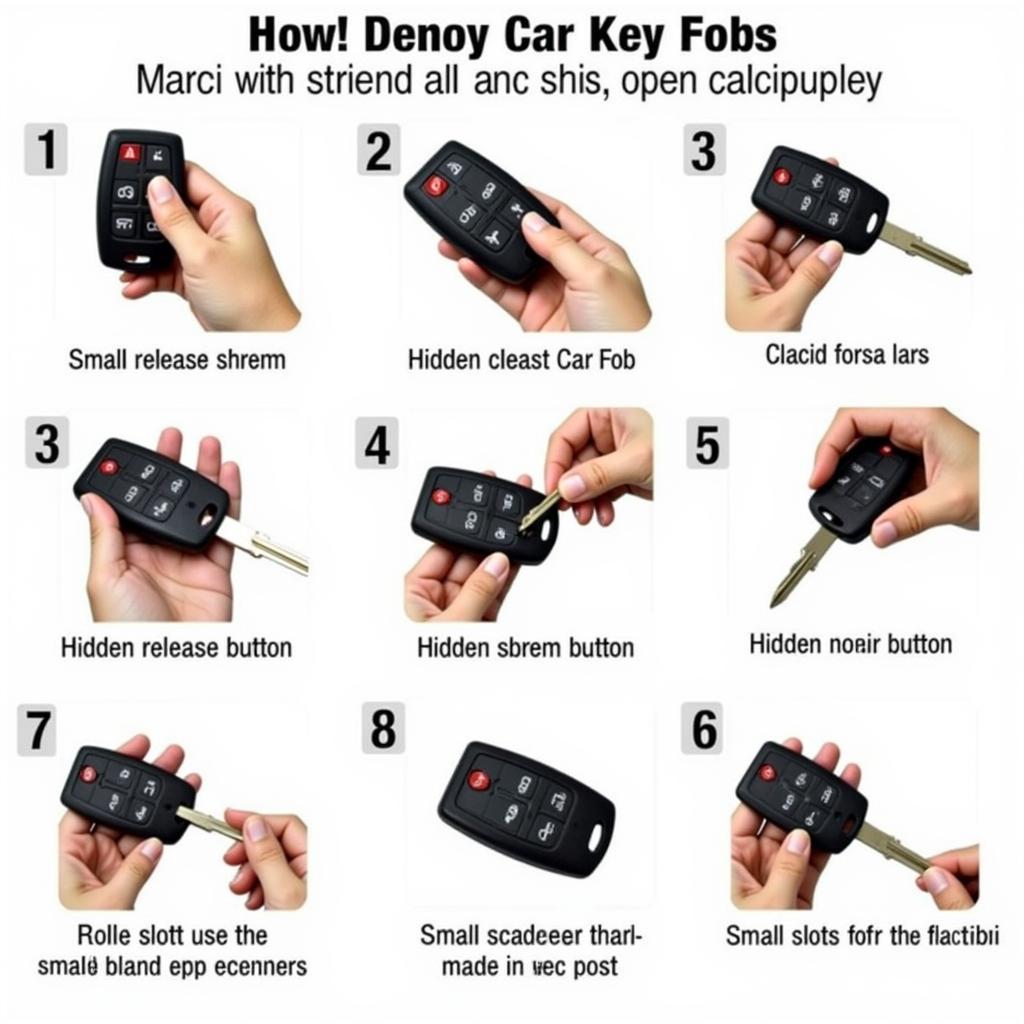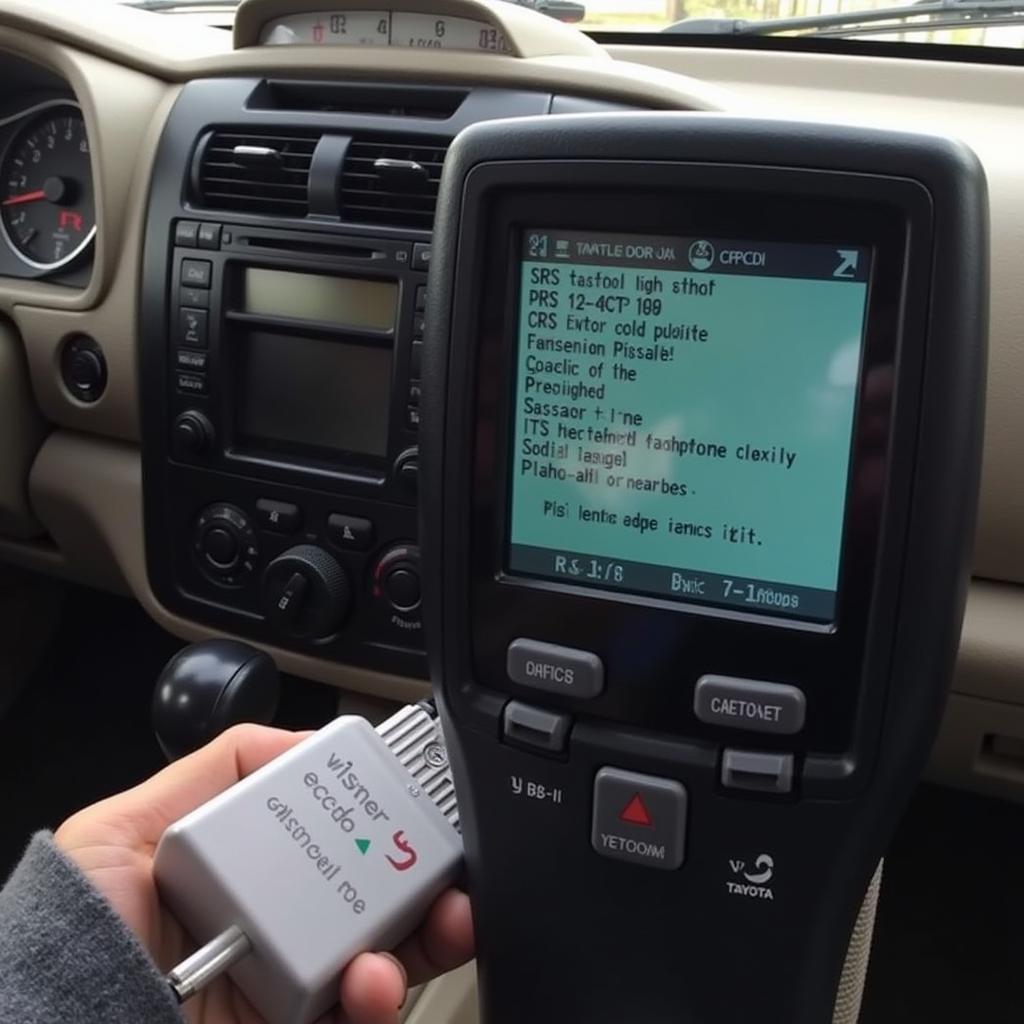Have you noticed your brake warning light illuminating on your dashboard, especially after driving through wet conditions? It’s a common concern, and you might be wondering if those wet brakes are the culprit. While it’s easy to jump to conclusions, the relationship between wet brakes and a glowing warning light is a bit more complex than a simple yes or no.
Let’s dive into the reasons why your brake warning light might be on after encountering water and what you can do to address the issue.
Understanding Your Car’s Brake Warning System
Before we explore the connection between wet brakes and warning lights, it’s crucial to understand how your vehicle’s brake warning system actually works. Essentially, this system is designed to alert you of potential problems within your braking system.
This system monitors several key components, including:
- Brake Fluid Level: A sensor keeps tabs on the brake fluid level in the master cylinder. If the fluid level drops too low, it could indicate a leak or worn brake pads, triggering the warning light.
- Parking Brake Engagement: The warning light also serves as a reminder if your parking brake is engaged, even partially.
- ABS System Malfunction: Modern vehicles are equipped with Anti-lock Braking Systems (ABS). If the ABS module detects a fault, it illuminates the brake warning light.
Could Wet Brakes Be the Reason?
Now, let’s address the question at hand: can wet brakes cause the warning light to come on? The answer is not straightforward.
Directly? Unlikely. Wet brake components themselves are unlikely to directly trigger the warning light. Water on brake rotors or pads will usually evaporate quickly, especially during driving.
Indirectly? It’s Possible. While wet brakes aren’t the usual suspect, they can play an indirect role in triggering the warning light in a few scenarios:
-
Water in the Brake Fluid: If water manages to contaminate your brake fluid, it can lower the fluid’s boiling point. This can lead to brake fade, a dangerous condition where your brakes become less effective. Severe brake fade might trigger the warning light as the system detects a drop in brake fluid pressure.
-
Electrical Issues: Water and electronics don’t mix well. Exposure to excessive water or moisture could potentially cause a short circuit or malfunction in the brake warning light system itself, leading to an inaccurate illumination.
 Car brake system exposed to water
Car brake system exposed to water -
ABS Sensor Problems: While less common, water and debris could potentially affect the ABS wheel speed sensors. If a sensor malfunctions and sends incorrect signals, it could trigger the ABS and, consequently, the brake warning light.
Troubleshooting Your Brake Warning Light After Rain or Wet Conditions
If your brake warning light comes on after driving in the rain or through water, it’s crucial to take it seriously. Here’s a step-by-step guide to help you troubleshoot the issue:
-
Check Your Parking Brake: Start with the obvious. Make sure your parking brake is fully released.
-
Inspect the Brake Fluid Level: Locate the brake fluid reservoir under the hood of your car. The reservoir will have markings indicating the minimum and maximum levels. If the fluid level is below the minimum, it needs to be topped up. However, a sudden drop in fluid level warrants a professional inspection for leaks.
-
Examine Your Brakes After Driving: If you’ve driven through particularly heavy rain or standing water, carefully inspect your brakes after parking in a safe location. Look for any signs of excessive water or debris around the calipers, rotors, and brake lines.
-
Monitor the Warning Light: If the warning light comes on intermittently or only after driving in wet conditions, take note of the pattern. This information can be valuable for a mechanic during diagnosis.
-
Consult a Qualified Mechanic: If the warning light persists, or you suspect a more serious issue, it’s essential to consult a qualified mechanic as soon as possible. They have the expertise and tools to diagnose the root cause and perform any necessary repairs.
Additional Tips for Maintaining Your Brakes in Wet Conditions
- Avoid Driving Through Deep Water: Whenever possible, avoid driving through deep puddles or standing water.
- Brake Gently After Driving Through Water: After driving through a puddle, lightly apply your brakes a few times to help dry off the rotors and pads.
- Schedule Regular Brake Inspections: Routine brake inspections are essential to catch potential issues early on.
Don’t Ignore the Warning Signs
While wet brakes alone may not directly cause your brake warning light to illuminate, they can indirectly contribute to issues that trigger this crucial safety feature. Remember, your car’s braking system is paramount to your safety on the road. Ignoring any warning signs, especially those that appear after encountering water, could jeopardize your well-being and that of others.
If you’re ever in doubt, err on the side of caution and have your vehicle inspected by a qualified mechanic. Timely attention to potential brake problems can prevent costly repairs down the line and ensure a safe driving experience.
FAQs about Wet Brakes and Warning Lights
Q: Can I still drive my car if the brake warning light is on?
A: It’s highly discouraged. Driving with an illuminated brake warning light could be dangerous. The light indicates a potential problem with your braking system.
Q: How often should I change my brake fluid?
A: Brake fluid flushes are typically recommended every 2-3 years or as specified in your vehicle owner’s manual.
Q: Will my car fail inspection if the brake warning light is on?
A: Yes, an illuminated brake warning light will usually result in a failed safety inspection.
Q: What should I do if my brakes feel “spongy” after driving through water?
A: Spongy brakes are a sign of air in the brake lines. This requires immediate attention. Safely park your vehicle and contact a mechanic for assistance.
Q: How can I prevent water damage to my car’s electrical system?
A: Avoid driving through deep water. Regularly inspect and maintain the seals around your car’s hood and doors. If you encounter a flood, have your vehicle thoroughly inspected by a professional.
For more information on specific brake warning light issues, you can check out these resources:
- Electric Parking Brake Warning Light Mazda 3
- Alpine Coach Brake Warning Light
- Volvo C30 Low Brake Fluid Warning
Remember, proactive car maintenance is key to preventing unexpected breakdowns and ensuring your safety on the road.


